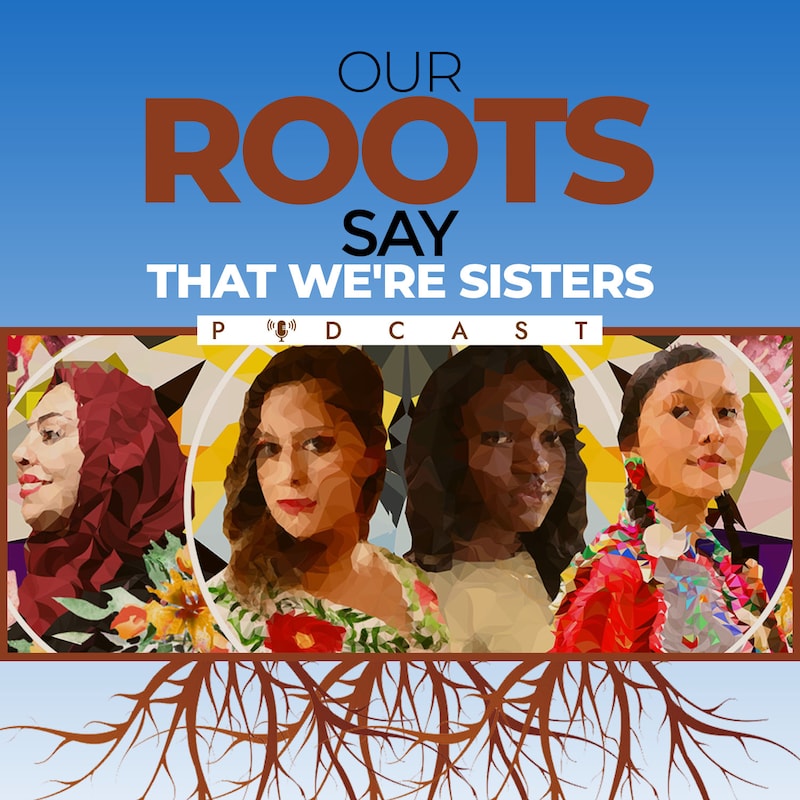Dr. Abiola Keller is an associate professor who has dedicated her career to advancing health equity and promoting diversity in education. A Nigerian American, her work at Marquette University bridges her cultural heritage with her passion for mentorship and advocacy for women of color. Her academic prowess and commitment to inclusion make her an inspiring figure who is shaping the future of healthcare and academic leadership.
We navigate the journey of Dr. Abiola Keller, an influential associate professor at Marquette University's College of Nursing. Dr. Keller, with her Nigerian American identity, illuminates the challenges and triumphs of pursuing excellence in academia. She discusses the impact of visibility for women of color within the academic sphere, the significance of mentorship, and the importance of community and self-care. Join us as we uncover how individual investment, mentorship, and cultural values shape the pursuit of health equity in Milwaukee.
Episode Highlights
09:18 - I had a space where people saw me for who I was, not just the color of my skin. But it also connected me to faculty and staff who were committed to my transformation and my ability to achieve my dreams.
16:12 - He was making investments in people to come back and stay in Milwaukee and make change. And that's when I think about my decisions, that's what I think about is, you know, someone believed in me so much that they funded my education because they knew that I could make a difference.
21:04 - I think in academia, to be a woman of color and to succeed, you need that grace and that poise because there are some days when the response you want to give is not the responsible advance the agenda or the conversation.
23:22 - We are fighting while you were here because we want you to walk across that stage because your power increases exponentially when you are an alum of this institution.
Interview
What drove you to return to Milwaukee and focus your efforts on health equity?
01:30 - It was important for me to come back and contribute to the city that had invested in me. Through my work, I want to ensure that health equity isn't just an idea, but a reality we're actively building
Can you speak to the importance of visibility and role models for women of color in your field
05:45 - Seeing people who look like me in positions of influence helped me visualize my own path. It's crucial that women of color have those examples to aspire to.
What strategies do you use to inspire your students and navigate challenges
09:17 - I encourage them to rise above obstacles by focusing on their well-being and practicing resilience. It's about equipping them with the tools to succeed both academically and personally.
How has your Nigerian heritage influenced your perspective on education and success?
12:52 - My heritage instilled a strong sense of possibility and expectations. It shaped how I approach challenges and seize opportunities.
What's next for you in your mission to integrate the community with Marquette University
15:26 - I'm working towards creating a space where the community doesn't just feel welcome but also seen and heard, a true reflection of the diverse voices and experiences we value
Contact Information:
http://www.marquette.edu/diversity/
Credits:
The Our Roots Say That We're Sisters Podcast series was recorded and produced by Podcast Town (www.podcasttown.net)
